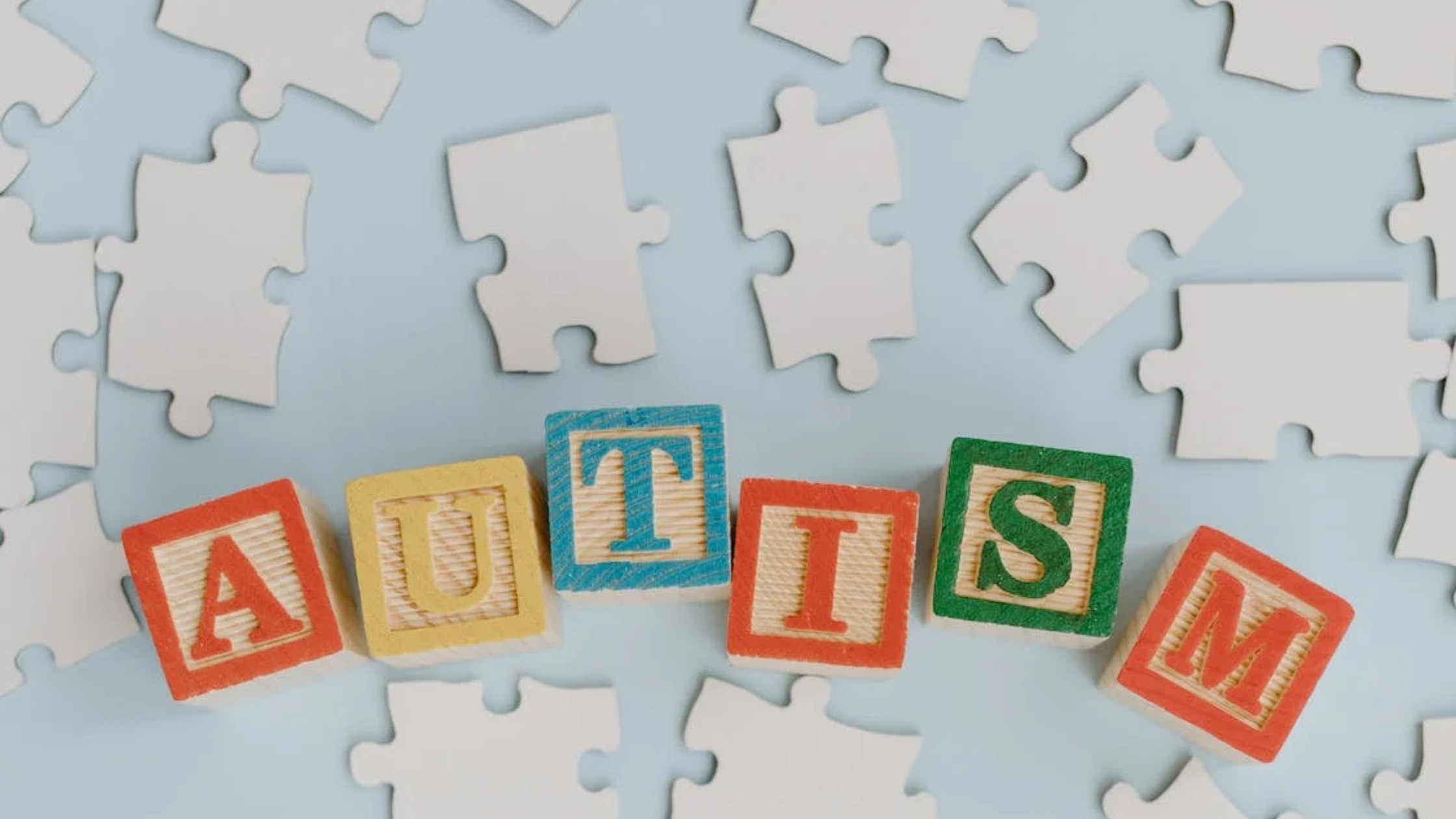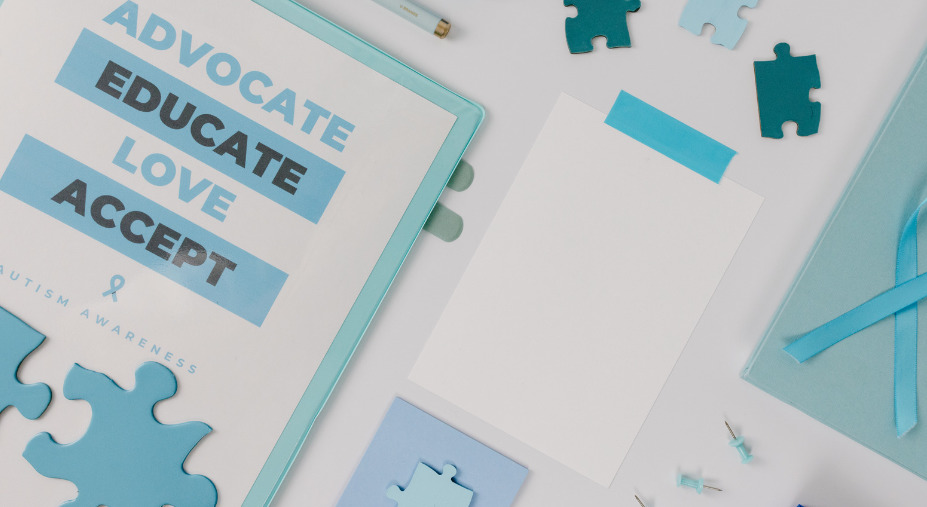
Whether you’re a parent of a child who has been diagnosed with autism or a caregiver for children with autism spectrum disorder (ASD), refining the skills and characteristics required to support their development is essential, even if you naturally possess them. It is of utmost importance to be well-versed with their unique needs; however, caring for a child with autism can be draining and overwhelming, both physically and mentally.
While it is quite challenging to raise and nurture children on the autism spectrum, it can also take a serious toll on parents’ relationships with each other and those around them. As a result, besides the medical care and treatments that may help your child, building these simple, everyday skill sets can make a significant difference.
So, here are the top 7 skills you should focus on when caring for children diagnosed with autism spectrum disorder (ASD)
Empathy
Childhood may not always be full of joy and comfort, especially for children with autism. Here, it helps a great deal to just stop for a moment and try to look at things from your kid’s perspective. Utilize empathy as one of the most valuable virtues and attempt to understand why your child is behaving a certain way. Ask yourself what kind of response you can provide in order to better understand and assist them. Remember to consider your words, lower your voice, and establish careful, visual efforts toward showing your child that you care and really want to help.
Patience
With love and patience, nothing is impossible. — Daisaku Ikeda
Building patience takes time. So, remember to start slowly and celebrate even the smallest of achievements with your little one. For example, since it often takes children with ASD longer to process interactions and information, it is imperative that you exercise patience while recognizing their needs, even in the midst of tantrums and meltdowns. And know that its completely okay to take a break, because even the best parents and caregivers need a breather sometimes! Just taking a day off, joining support groups, or even asking understanding relatives and friends for help can prove to be extremely beneficial for your mental and physical well-being.
Calmness
Sometimes, you can really be exhausted from being patient and empathetic during uncontrollable meltdowns, and that’s not a bad thing at all! However, the right thing to do here is to physically remove yourself from the situation and take a while to calm down and compose yourself – walk into the other room or outside if you need to when you feel your anger or frustration getting worse. But refrain from punishing your child and know that they are not doing this on purpose. Instead, allow them the liberty and comfort to express themselves with a reassurance of a strong support system.
Enthusiasm
This skill is especially for all the aspiring special needs teachers and caregivers out there! As per the National Association for the Education of Young Children, one of the most important characteristics of early childhood development educators is passion and enthusiasm for children. And well, this goes way beyond ‘enjoying’ being around and with children. With a strong desire to make a difference in each child’s life, caregivers must also have the drive to encourage learning and growth, in addition to helping children overcome social, academic, and developmental challenges.
Communication Skills
Communicating and connecting with your autistic child can be difficult and sometimes absolutely frustrating. But did you know that you don’t need to talk or even physically touch them in order to effectively bond and communicate your feelings? Instead, you can rely upon non-verbal communication – be it your body language, the tone of your voice, or eye contact. Remember, your child does attempt to communicate with you, even if he or she refuses to speak. In this regard, you just need to familiarise yourself with the mode of communication they are most comfortable with and pay attention to the sounds, facial expressions, and gestures they regularly use.
Attentiveness
It is natural to be disheartened when you feel ignored or misunderstood, and this scenario is no different for children on the autism spectrum. This is exactly why it is important to be attentive and sensitive to their feelings, especially when you’re unable to pick up on their non-verbal cues on the first try. An outburst or throwing a tantrum is likely their way of expressing their frustration or irritation and grabbing your attention, and in this case, being observant will certainly play a valuable role in providing your child with the best possible assistance.
Consistency

Taking care of a child with ASD can demand tremendous energy and time. You may experience days or even weeks of feeling stressed, overwhelmed, and discouraged. While it is a known fact that parenting is seldom easy, raising a child on the autism spectrum with special needs is even more difficult and may test your patience in ways you never imagined.
Therefore, in order to be the best parent or guardian you can be, it is important that you take care of yourself first! Please remember not to overburden yourself by struggling to do everything independently, because you don’t have to. Numerous special needs facilities and autism care centers, including Early Autism Services, can provide you with a well-deserved helping hand as well as unremitting support and guidance.
In summarization, the most important skills you need when caring for children with autism include the following:
- Empathy
- Patience
- Attentiveness
- Enthusiasm
- Calmness
- Communication Skills
- Consistency
If you’d like to know more about the autism care services we provide, feel free to contact us right away, because, at Early Autism Services, we are just as passionate about the potential of your child as you are!






Recent Comments